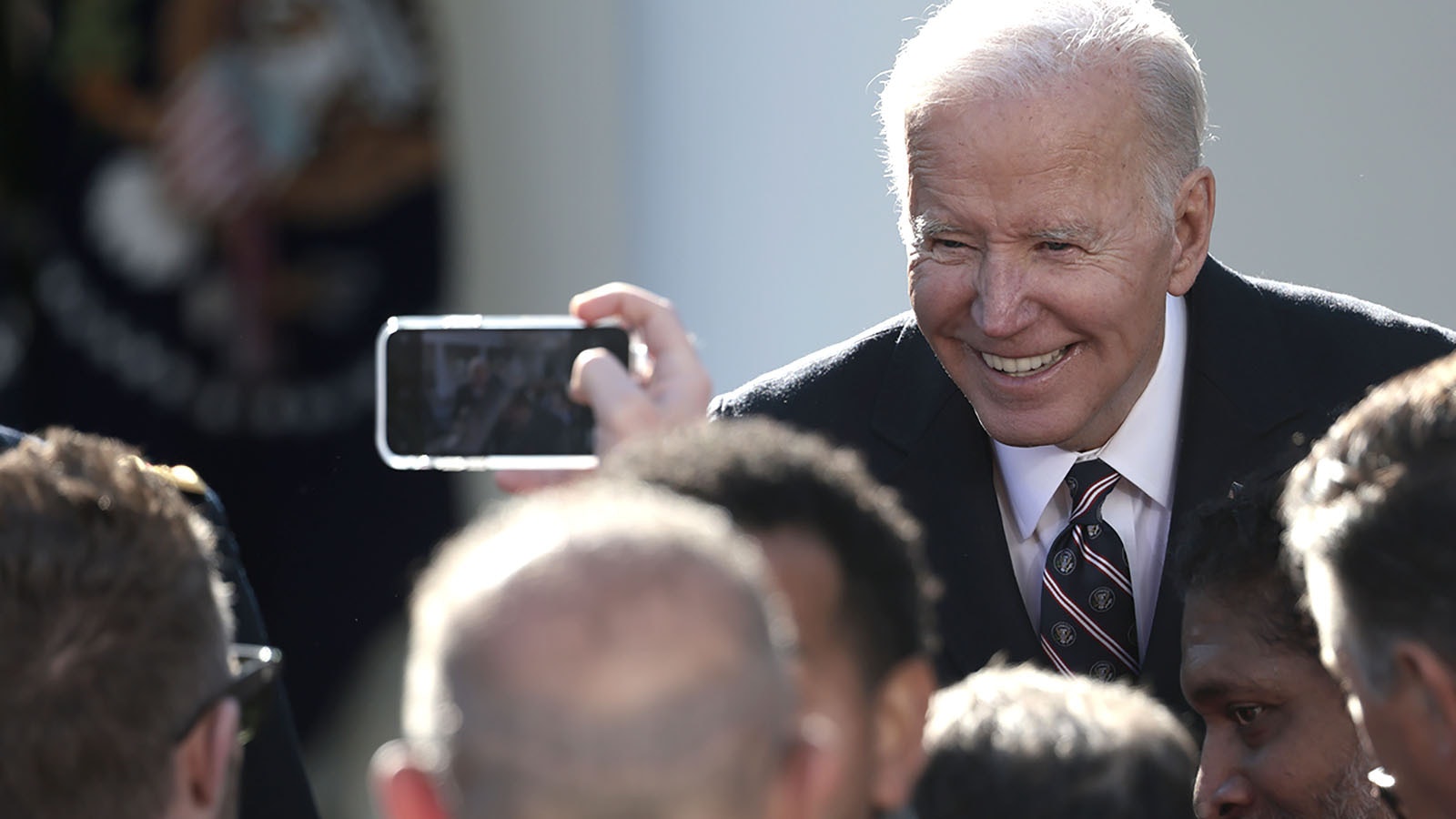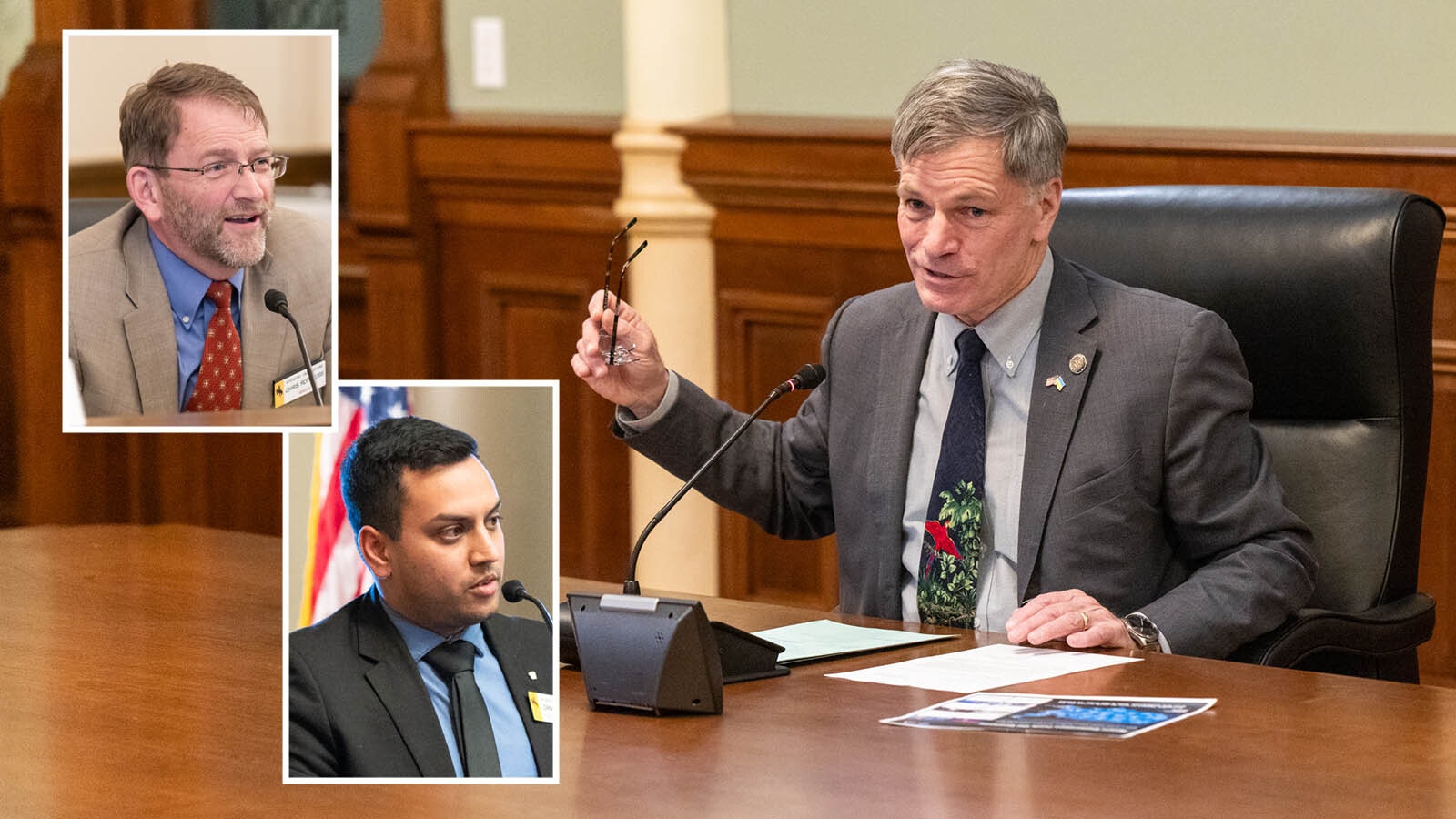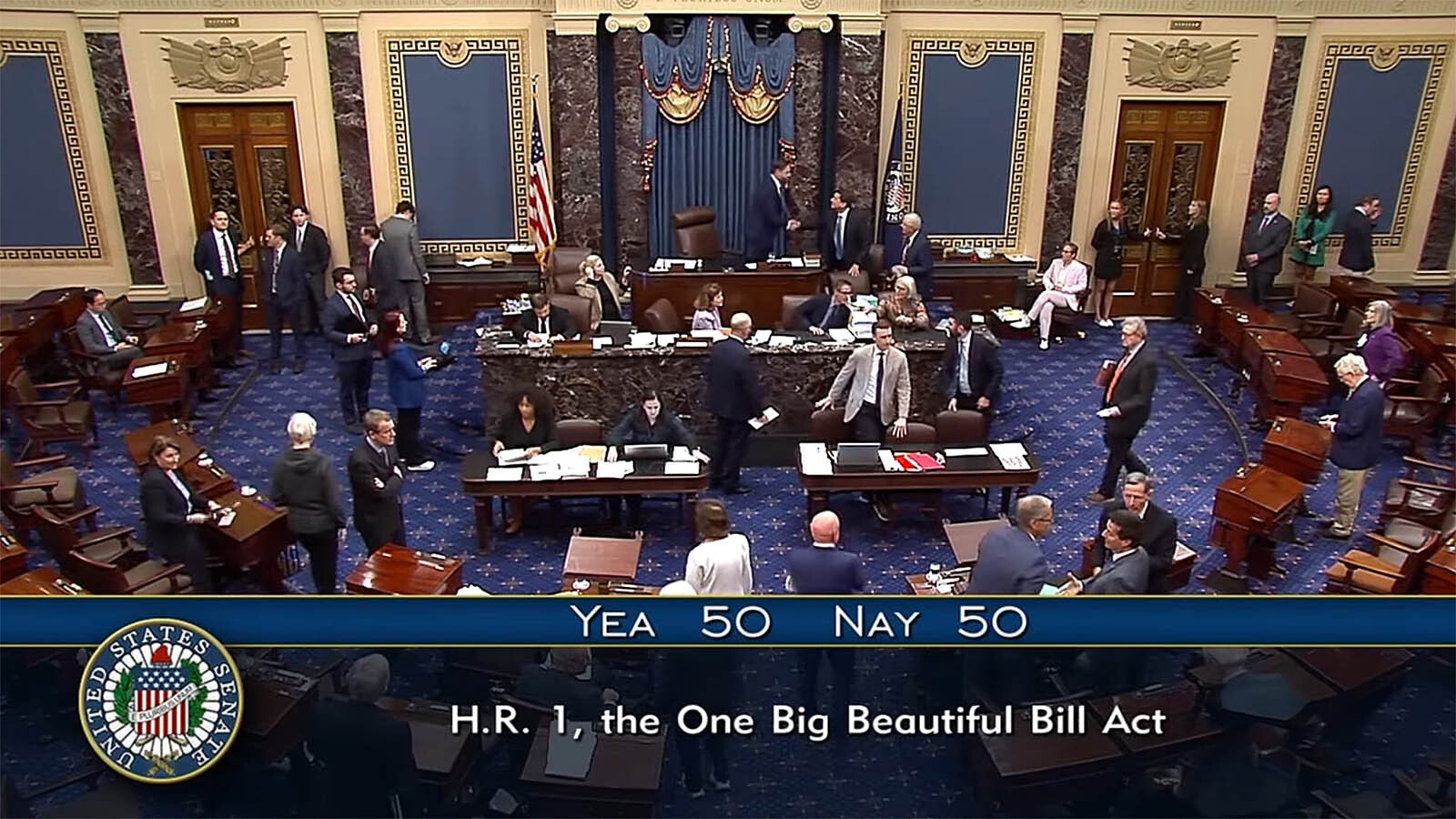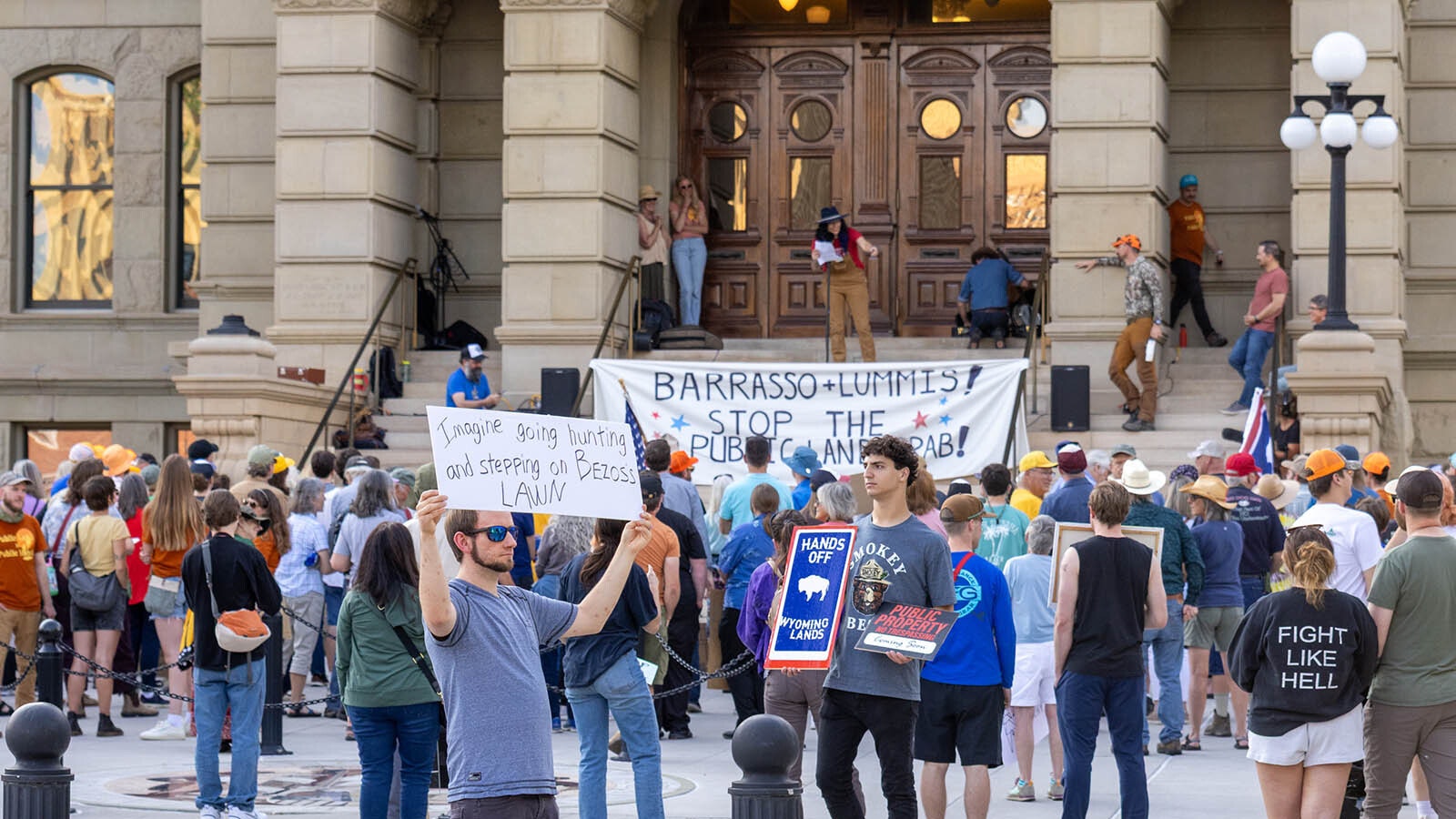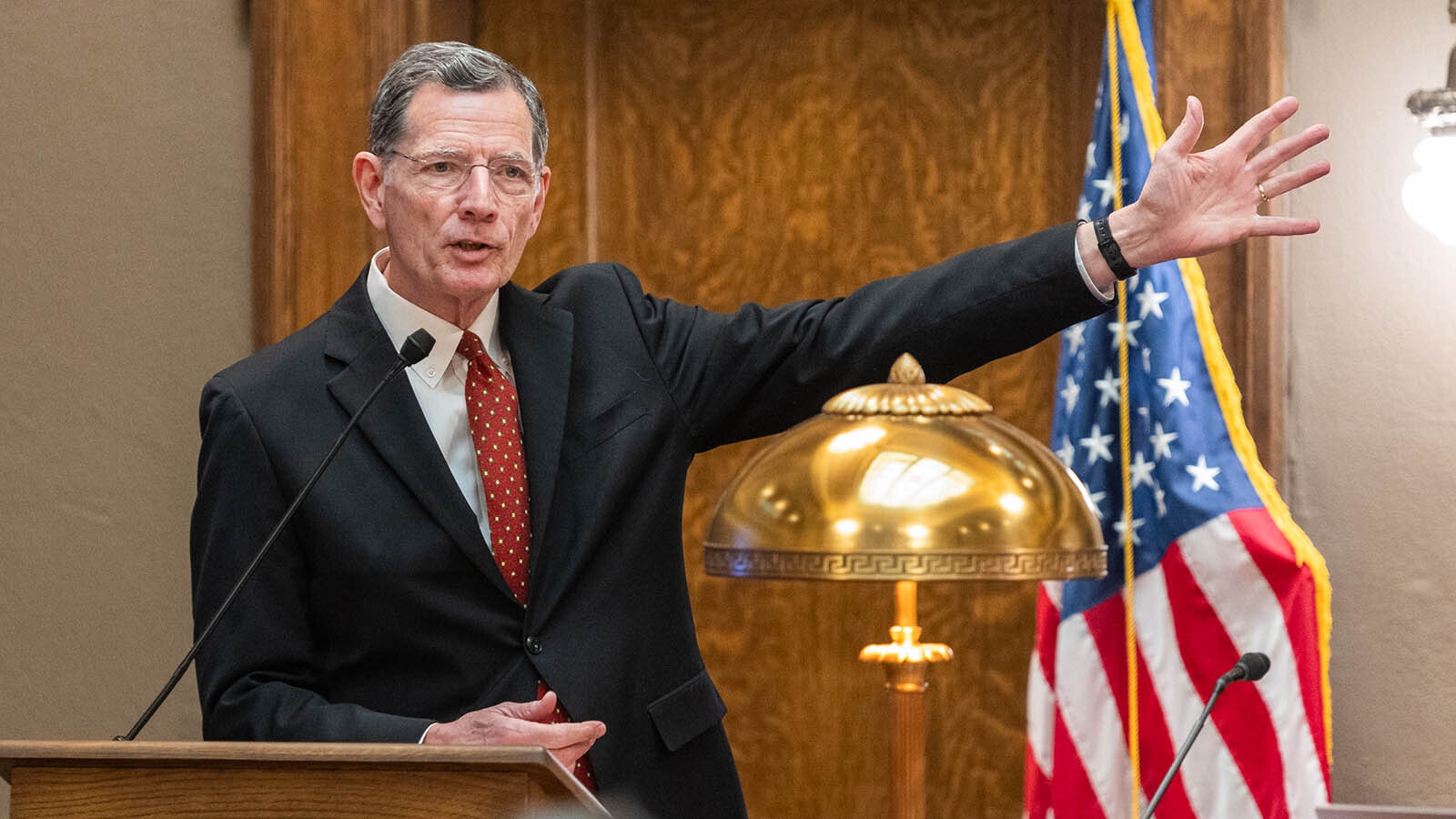A federal judge has denied President Joe Biden’s request to allow federal agencies to continue to tell social media companies which posts and accounts to censor, suppress and remove.
Louisiana U.S. District Court Judge Terry Doughty late Monday denied a Thursday petition by the Biden administration and several of its bureaus, in which the executive branch asked the judge to stay his own order temporarily blocking the government’s social media censorship efforts during a lawsuit challenging them.
Doughty’s July 4 order accompanied a 155-page memorandum summarizing the case discovery and unveiling numerous communications between federal authorities and social media companies about which posts to suppress, which accounts to remove, flag or shadow ban, especially throughout 2021 and 2022.
‘Irreparable Harm’
The Biden administration countered in its request for a stay, saying Judge Doughty’s preliminary injunction would cause “irreparable harm” to the government, go against the public’s interests and that the government is likely to succeed in the case.
The federal government on July 5 also informed Doughty it is appealing the preliminary injunction to a higher court, the Fifth Circuit Court of Appeals.
Doughty disagrees that his stay irreparably injures the government.
“The First Amendment free speech rights of Plaintiffs by far outweighs the Defendants’ interests,” he wrote.
The Carveouts
Doughty’s order contained several carveouts allowing federal officials to work with social media against actual domestic threats and illegal posts. The government told Doughty these carveouts were vague and wouldn’t protect its ability to censor illegal content.
Doughty disagreed.
“The Preliminary Injunction only prohibits what the Defendants have no right to do — urging, encouraging, pressuring or inducing in any manner the removal, deletion, suppression or reduction of content containing protected free speech on social-media platforms.”
The government provided no argument saying it can legally do those things. A stay on the injunction, Doughty wrote, would only allow “illegal conduct.”
Judge Thinks The Opposite
Doughty disagreed altogether with the government’s claim that it is likely to succeed over the case plaintiffs.
The plaintiffs suing the bureau are:
- The state of Missouri
- The state of Louisiana
- Dr. Jay Battacharaya, a professor of health policy at Stanford School of Medicine
- Dr. Martin Kulldorf, a Cornell-educated epidemiologist who formerly taught medicine at Harvard
- Dr. Aaron Kheriaty, fellow at the Ethics and Public Policy Center in Washington
- Jim Hoft, founder and owner of news site The Gateway Pundit, based in Missouri
- Jill Hines, co-director of Health Freedom Louisiana and founder of Reopen Louisiana
They are likely to show, Doughty said in a Monday memorandum accompanying his denial of the government’s request for stay, that the federal government “jointly participated” with social media companies to suppress protected free speech based on people’s viewpoints.
The White House and the U.S. Surgeon General’s office, Doughty added, likely coerced social media companies to suppress speech. Coercion is a key tenet in government First Amendment violations.
Doughty listed once again some of the examples that were in his July 4 memorandum. These include:
- The White House in January 2021 asked Twitter to remove an anti-COVID-19 vaccine tweet by Robert F. Kennedy Jr.
- The White house demanded in April 2021 for Facebook to censor a video featuring Fox News personality Tucker Carlson, in which Carlson said the vaccines don’t work. This demand exceeded Facebook’s policy parameters, Doughty added.
- Surgeon General Vivek Murthy’s used his office to suppress anti-vaccine posts as “poison.”
- The Centers for Disease Control and Prevention synced weekly with Meta’s CrowdTangle, or chat-listening system to see what people were saying about vaccines.
- The CDC provided PowerPoint slides and other information dictating to Facebook and other platforms what information the agency considers truthful and which it doesn’t.
- Dr. Anthony Fauci on Oct. 8, 2020 emailed another official asking for a “quick and devastating takedown” of the Great Barrington Declaration — a document signed by epidemiologists and public scientists advocating against widespread COVID lockdowns. Soon after, social media platforms censored the Great Barrington Declaration.
The FBI warned social media platforms to beware of large data dumps ahead of the 2020 presidential election and indicated Russian disinformation operations. Facebook and Twitter both suppressed the New York Post’s October 2020 story about Hunter Biden’s laptop, averring criminal activity and corruption by then-presidential candidate Joe Biden’s son.
“The FBI had had the laptop since December of 2019, and knew that the story was not Russian disinformation,” wrote Doughty.
Half Sovereign
The government argued in its request for stay that Missouri and Louisiana don’t have standing to sue in this case.
Doughty disagreed again, saying the states have standing to protect their quasi-sovereign interests under U.S. Supreme Court standards. The states have “adequately alleged” that the federal government has been injuring their interests to protect people from censorship.
Clair McFarland can be reached at clair@cowboystatedaily.com.

